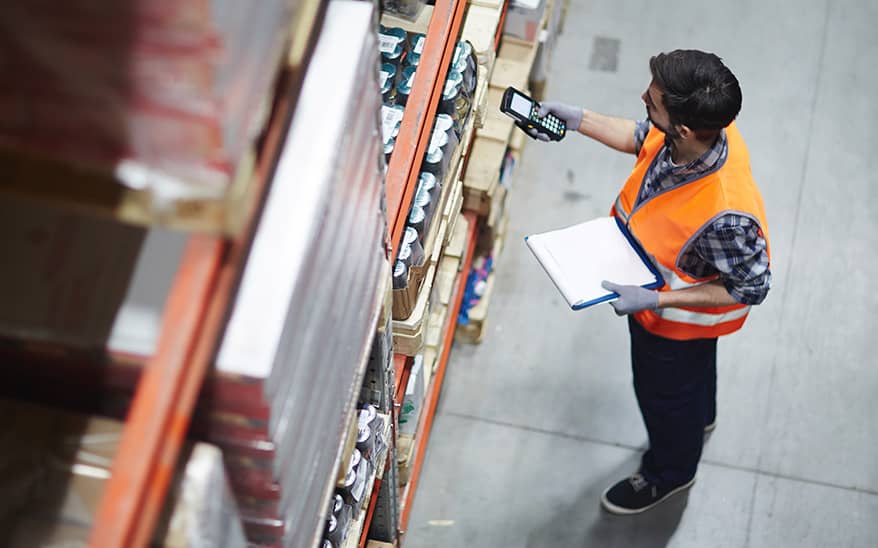Manhattan Associates’ annual supply chain and omnichannel customer event reveals cloud-native milestone to provide end-to-end omnichannel capabilities
- 3 June 2021
- By Miya Knights

The problems faced by every sector of retail today are going to need an agile approach to coping with volatility, it emerged at a recent exclusive supply chain customer gathering.
That was the opinion shared by Sucharita Kodali, VP and Principal Analyst, Forrester Research in a Manhattan Associates’ Momentum 2021 conference keynote last week.
Scene-setting at the virtual event, which focuses on product innovation, industry insights, market trends and customer success, Kodali said, “retail’s reboot starts with the supply chain.”
“Many of the truisms and orthodoxies of today came from principles that worked in the 1980s or 1990s, but now really need to be rethought as demand can fluctuate and competition is fiercer than ever,” she said. “Retail supply chains are slow and inflexible.”
HARNESSING SUPPLY CHAIN AGILITY
Kodali said “many online gains were made through click & collect or kerbside curbside pick-up services”, which severely tested retail supply chain and fulfilment flexibility and agility.
Eddie Capel, Manhattan Associates President and CEO, said “legacy technology architectures are incapable of unifying distribution and transportation processes. They are limited by monolithic databases, customisations that have to be duplicated for every upgrade and a mess of self-managed integrations that leave you in eternal testing purgatory.”
In response, Capel introduced Manhattan Active® Transportation Management to the Manhattan Active® Supply Chain suite, unifying distribution, transportation, labour and automation within a single, cloud-native application built on Manhattan Active® technology.
“We're creating modern systems, architected to unify your commerce and supply chain experiences,” he added, highlighting the Manhattan Active suite’s cloud-native, microservice-based architecture to scale with demand and provide versionless integration and management.
OPTIMISED PLANNING AND EXECUTION
The event also highlighted integration work to tightly couple Manhattan’s warehouse management system (WMS) to this new transportation management system (TMS).
Brian Kinsella, SVP Product Management, Manhattan Associates, said “the WMS/TMS integration was designed to optimise inbound and outbound planning and execution.”
“For years, our customers have expressed their desire to move away from running WMS and TMS independently and instead optimise and manage their inbound and outbound flow processes as a whole,” said Kinsella.
Some exemplar benefits of the WMS/TMS integration include accelerating deliveries to customers, increasing worker productivity, improving warehouse throughput and ensuring on-time deliveries.
ENABLING OMNICHANNEL VISIBILITY
The event also provided an opportunity for some Manhattan Associates customers to share best practice. David Herridge, EVP Global Value Chain Technology, PVH Corp., discussed how the American clothing company optimized its omnichannel fulfilment model last year.
The multinational brand owner of Tommy Hilfiger and Calvin Klein, among others, had to rapidly adjust to the sweeping market changes brought on by COVID-19. “With our owned and partner retailer stores closed, we saw ecommerce grow by 70%,” he said.
“Historically, inventory was aligned to sales channels. So, simply put, we had inventory in the wrong places,” Herridge explained. “The first step was how to connect the inventory in our stores and see it through our DOM tool to fulfil the ecommerce orders that were coming in.”
Using MuleSoft integration technology, PVH was quickly able to connect its in-store order application with its Manhattan Distributed Order Management (DOM) system which, in turn, allowed it to use store inventory to service the increased ecommerce demand.





